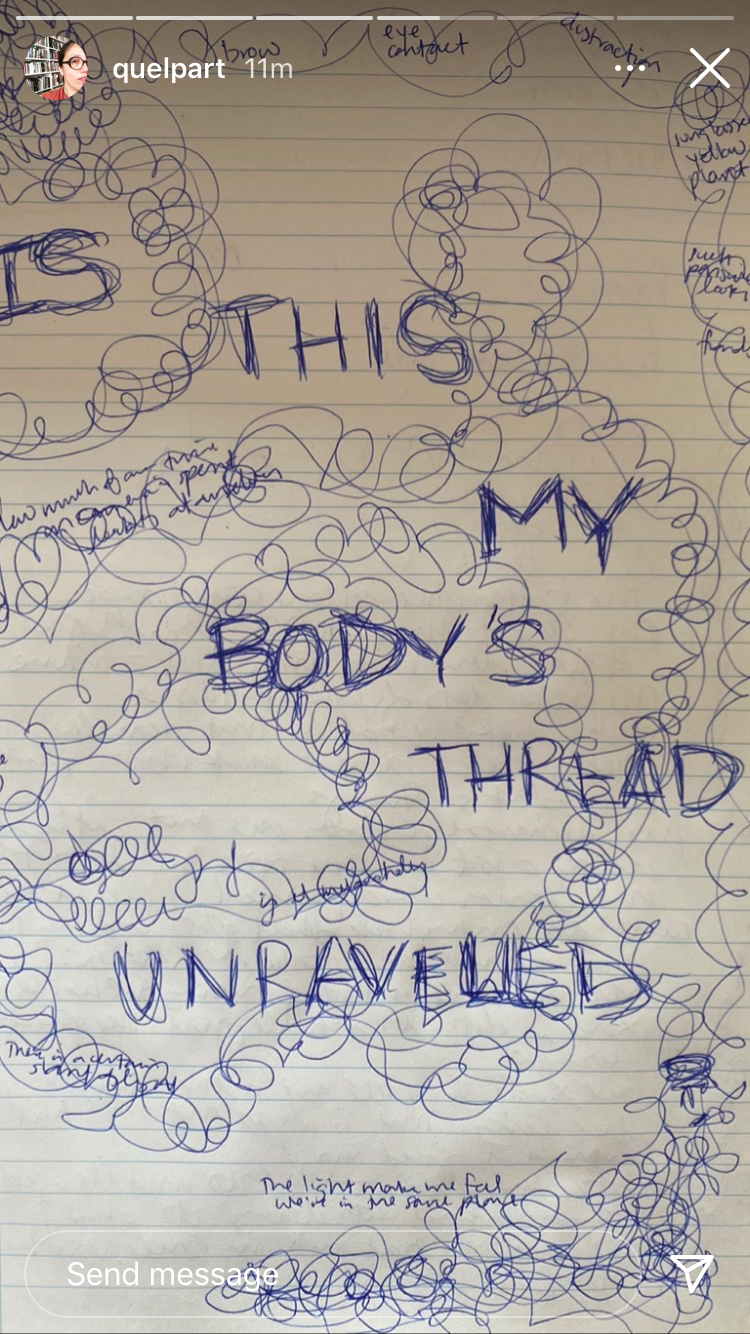Aural paths, comfort spaces
When speaking of ‘vocal fatigue’ one would refer to the exhaustion of the voice. That is a condition that is most common for bodies that resist singing. The sonic properties of the voice are temporary, partly, and/or completely lost. One’s body, the instrument is left with the words of one’s language that are pronounced in a state of a muted acoustic reality. But sometimes language itself crash in a condition of acute fatigue. It’s the psycho-somatic state when acoustics don’t make it to the point of the social agreement that forms a word the same way as a gesture of one’s hand fails to become readable writing. Sometimes it is expressed in the silence and blankness of a page, against the instructions that are imposed upon one’s body. Sometimes there is enough common sense to count as language, but these words and sentences that appear available conflict with the reality of the not-yet expressed but intended for the departure from one’s private worlds.
One’s private and tired worlds. The body resists the words. One’s language seeks a new muscle memory in this state of the not-yet said and not-yet written, the blank page, the not-yet space, maybe emptiness, silence, but who knows…maybe noise, maybe a space in-between, maybe in-between not-yet space, maybe not-yet of the becoming, maybe it’s almost now, maybe a chance but also not-yet a possibility.
‘Verbal fatigue’ is a condition of multiple intersecting emotional, sensory and bodily meanings that have the exhaustion of one’s language in common. Language in this sense must be seen as an internal as well as external territory of one’s body that requires rest.





